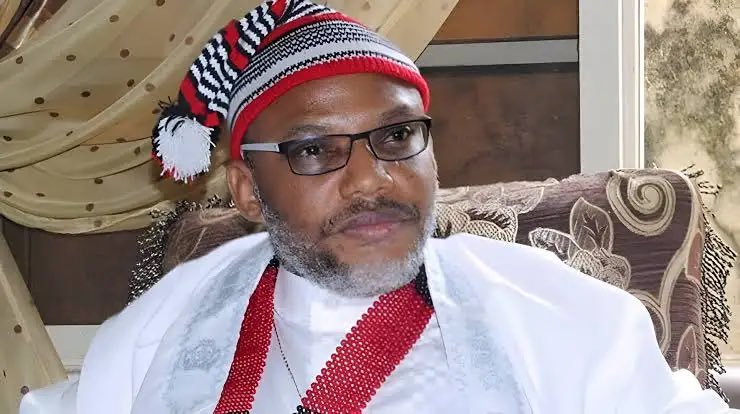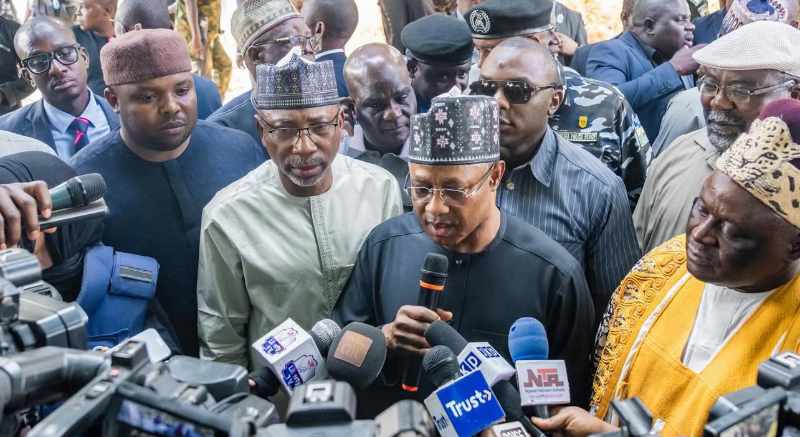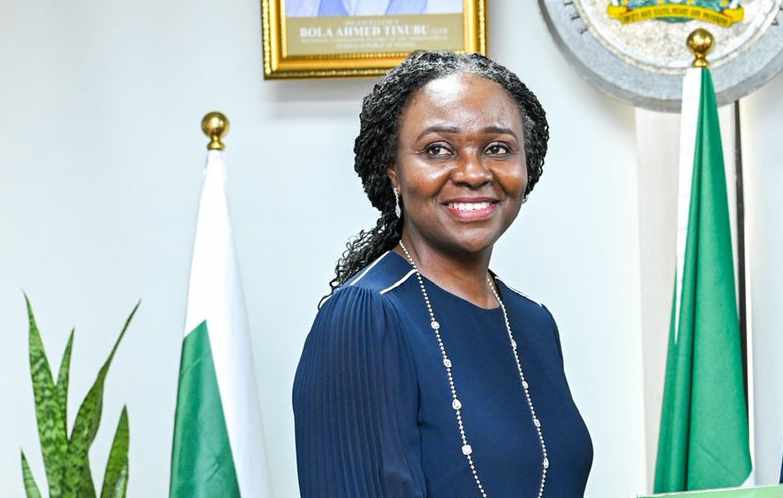Nnamdi Kanu’s life sentence causes disquiet in Southeast
Published on 2025 November 24, Monday Back to articles
IPOB leader Nnamdi Kanu
The sentencing of the leader of the Indigenous People of Biafra (IPOB) Nnamdi Kanu to life imprisonment over terrorism charges has caused disquiet in the Southeastern, where Kanu’s agitation for an independent Biafra has strong support. In a judgment delivered on 20 November 2025, Justice James Omotosho of the Federal High Court in Abuja found Kanu guilty of all seven counts that the government brought against him.
The charges included: inciting violence against government agencies; teaching his followers how to make bombs; and urging people to destroy public properties during protests in October 2020. Despite facing the death sentence, Omotosho said that he decided to imprison Kanu even though he was unruly during the trial and showed no remorse.
The trial was marred his decision to defend himself despite no legal qualifications. Just before the judgment was delivered, the judge refused Kanu’s demand to offer a final address leading to an altercation in court that forced the judge to send him out of the courtroom before delivering judgment. Kanu has been sent to a prison in Sokoto, but will reportedly appeal the verdict.
Several political leaders from the Southeast have called for calm in the region as anger builds. The presidential candidate for the Labour Party in the 2023 elections Peter Obi has warned that the sentence risks worsening insecurity in the southeast. Obi blamed the government’s misunderstanding of the issue and faulted its decision to arrest Kanu in the first place.
Separately, Alex Otti, governor of Kanu’s home state Abia, said that the judgement has created an atmosphere of shock and sorrow, but assured the people that Kanu’s conviction could eventually lead to his release from prison. Similarly, the wife of the founder of separatist movement and deputy minister of foreign affairs in the Tinubu administration Bianca Ojuwkwu has called for calm and for dialogue to start to get Kanu released.
Political insensitivity
The government does not appear to have adequately considered the politically sensitive nature of the trial. The lead prosecution lawyer, judge, attorney general and justice minister are all from the Southwest, a Yoruba stronghold, which will likely deepen ethnic friction between Igbos and Yorubas. The Igbos, who make up the majority of IPOB’s support, will likely see the trial as the Yorubas willingly doing the bidding of the Hausa-Fulani, since Kanu was arrested under Buhari, who was a member of this ethnic group.
To make matters worse, Kanu is being held in Sokoto, in the northwest. The government is ignoring the potential explosive ramifications if Kanu were to die in prison there, which would likely lead to allegations that he may have been deliberately killed.
The government appears to be taking the same kind of risk that led to the emergence of Boko Haram when the group’s founder and leader Mohammed Yusuf was arrested and killed in police custody during an uprising by the group in 2009. His killing led to the emergence of the more violent and aggressive Abubakar Shekau. ISWAP eventually emerged from Boko Haram after several senior members disagreed over ideology. While Boko Haram attacks anyone — civilian or military — who disagrees with their ideology, ISWAP focuses its attacks on security agencies. Both groups have a history of attacking each other.
Kanu is seen as a more moderate voice in IPOB. His incarceration led to the emergence of Simon Ekpa who pushed a more radical separatist vision until he was jailed in Finland in September 2025. Now both are incarcerated, IPOB has no clear leader but, given it has a strong diaspora community and support base, it is expected the group will soon reorganise and push its agenda.
Kanu’s imprisonment is likely to provide renewed impetus and could trigger violence in the Southeast in the run up to the 2027 elections. IPOB is likely to call for a boycott of the elections to protest Kanu’s sentence which would lead to violence between communities in the region. Politicians seen not siding with IPOB are likely to face increased attacks in the region.
The jailing of Kanu complicates the security situation in the country more generally. The government appears to be pretending to be ignorant of the political undertones of the trial. At a time of heightened security concern, Kanu’s incarceration is an additional security situation Nigeria does not need. The government may be set to negotiate with terrorists who captured hundreds of students, while jailing Kanu on terrorism charges despite no deaths being directly attributed to him. That is likely to send the wrong political message and inflame tensions in the southeast.
This excerpt is taken from our Nigeria Politics & Security weekly intelligence report. Click here to receive a free sample copy. Contact info@menas.co.uk for subscription details.


